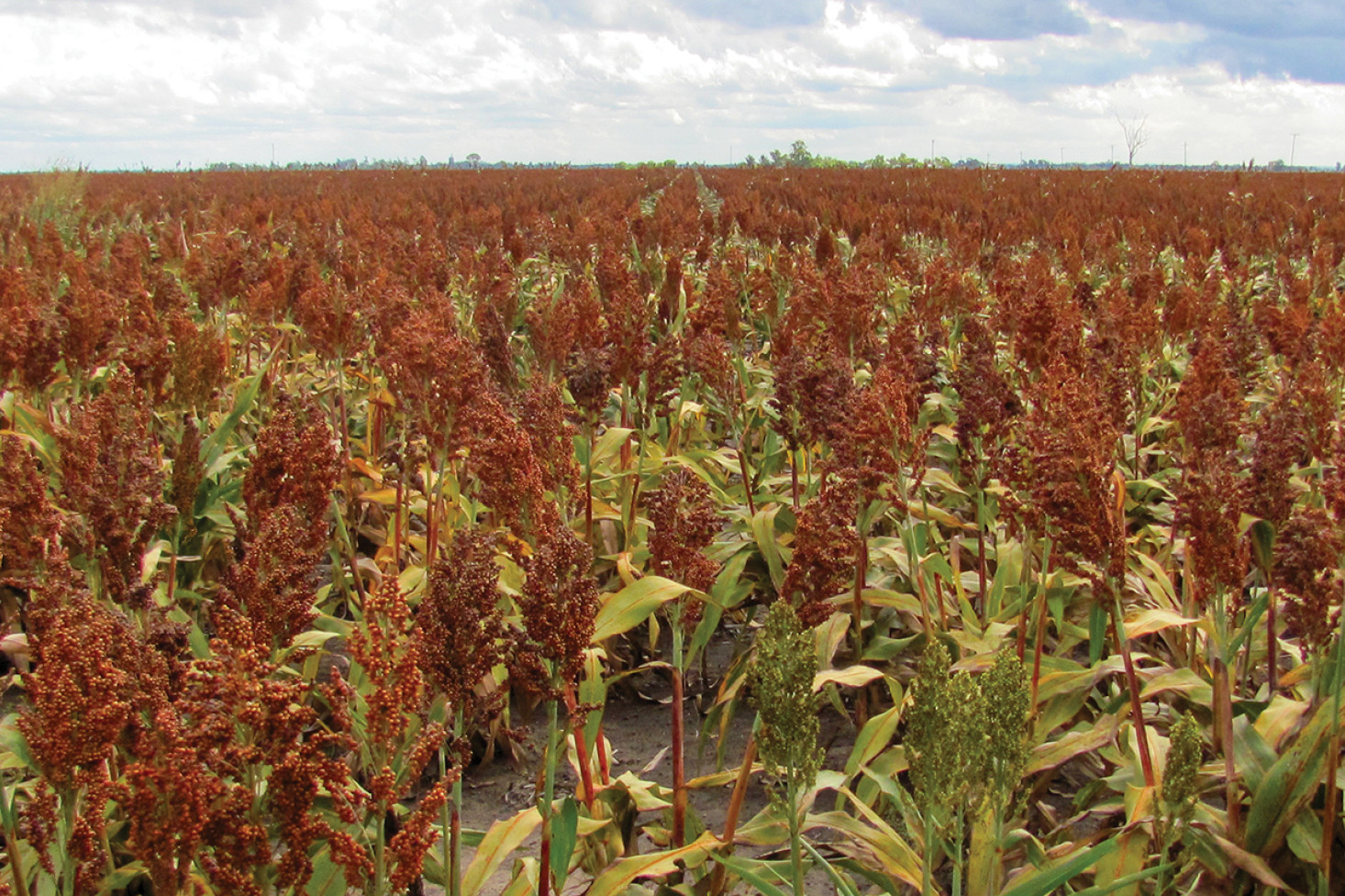Agricultural
10 April, 2024
Good rain, but bad news for sorghum producers
Four days of steady rain has been pretty rare in recent times and is almost something you’d just dream about, but that very style of rain event at the end of March was anything but good news for sorghum growers across the Darling Downs.

It is anticipated that a significant proportion of the crop will be down-graded - an even greater chance since the additional rainfall, albeit lighter, received last weekend.
Nutrien Ag Solutions agronomist at Pittsworth Tony Anderson said it’s a phenomenon we don’t see that often.
However it is causing great concern for a lot of local growers.
Mr Anderson said there’s a lot of shelling out and sprouted grain which will probably cause a down-grade.
He said one of the main problems will be for those growers who had pre-sold their sorghum.
Given the situation, these producers could have problems meeting the specifications of their sale contracts.
If grain had been sold on the basis of Sorghum 1 specifications chances are this would now be difficult to achieve.
Any sprouting above 10 per cent would not even meet Sorghum 2 specifications.
Growers who cannot achieve the specifications would probably be forced into a negotiating process on the quality and price.
Mr Anderson said it’s likely that local consumers would be more forgiving than those in the export market.
In an attempt to try and retain some quality some growers locally took advantage of the fine break during Easter and took sorghum off, even though the moisture content was high.
Where the continued wet weather has left crops standing in moisture, the crops won’t fare well with problems such as field mould creeping into the equation.
As a result of dry conditions in November, most sorghum was planted on the Darling Downs during a two-week period late in the window, and it has been estimated that
only around 10 per cent had been harvested before the pre-Easter rain.
Growers from the local areas generally deliver to the Graincorp facility at Brookstead or the Wheat Board silos at Jondaryan or Malu, with some also going into Toowoomba.
However due to the current uncertainty there could be a considerable amount stored on-farm while the industry sorts out how it will deal with it.
Mr Anderson said a lot of crops would be vulnerable following the rain.
Those such as mung beans would be particularly at risk.
Mr Anderson said any downgrading of mung beans would effectively mean the crop is a total loss.
The recent rain has also delayed the harvest of some cotton crops in southern Queensland.


